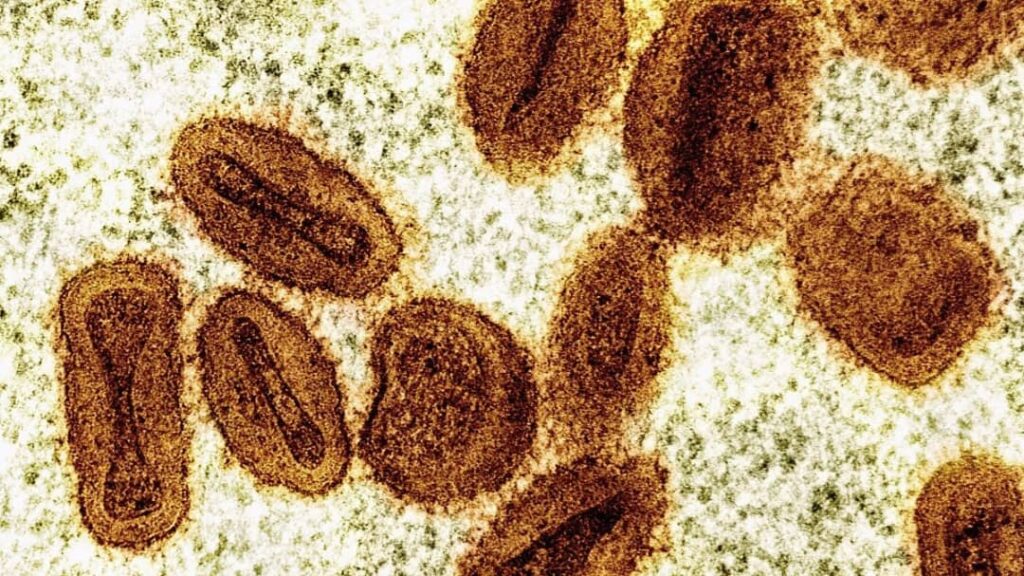The World Health Organization (WHO) has approved the first Mpox vaccine, Lc16m8, for children to combat the increasing rate of the viral disease.
The authorized drug was approved under “emergency use” and prescribed for children aged one and above.
The United Nations (UN) on Tuesday acknowledged the drugs will be granted for usage.
The WHO expressed, “This decision is expected to facilitate increased and timely access to vaccines in communities where Mpox outbreaks are surging.”
Save the Children recently reported a sharp rise in Mpox cases among children in the Democratic Republic of Congo (DRC), with a surge of over 130%. The DRC currently leads globally in the number of Mpox cases.
However, in response to the outbreak, WHO approved a vaccine from Danish manufacturer Bavarian Nordic in September.
The vaccine is now authorized for use in infants, children, and adolescents during outbreaks where its benefits outweigh potential risks.
As of last month, WHO extended its approval to include individuals aged 12 and older.
The Africa Centres for Disease Control and Prevention (Africa CDC) revealed that more than 53,000 Mpox cases have been reported across 19 African countries in 2024, resulting in 1,100 deaths.
Mpox symptoms include fever, fatigue, and a painful rash. The virus spreads through close skin-to-skin contact with infected individuals or by handling contaminated items such as bedding.
The situation in the epicentre of the DRC may be stabilizing, with WHO noting signs that cases are beginning to plateau.
Meanwhile, WHO had already declared Mpox a global health emergency in August, as the virus has affected 80 countries this year.
In a significant boost to the fight against Mpox, Japan has pledged to donate 3.05 million doses of the Lc16m8 Mpox vaccine and specialized needles to the DRC.
Developed by KM Biologics, this vaccine was recently approved by the WHO.
Dr. Yukiko Nakatani, WHO’s assistant director-general for access to medicines and health products, called the vaccine’s approval a major milestone in combating the outbreak.
Nakatani emphasized that vaccination, along with enhanced testing, diagnosis, treatment, infection prevention measures, and community education, is vital for containing the virus.
“Marks a significant step in our response to the current emergency, providing a new option to protect all populations, including children,” Nakatani said.



